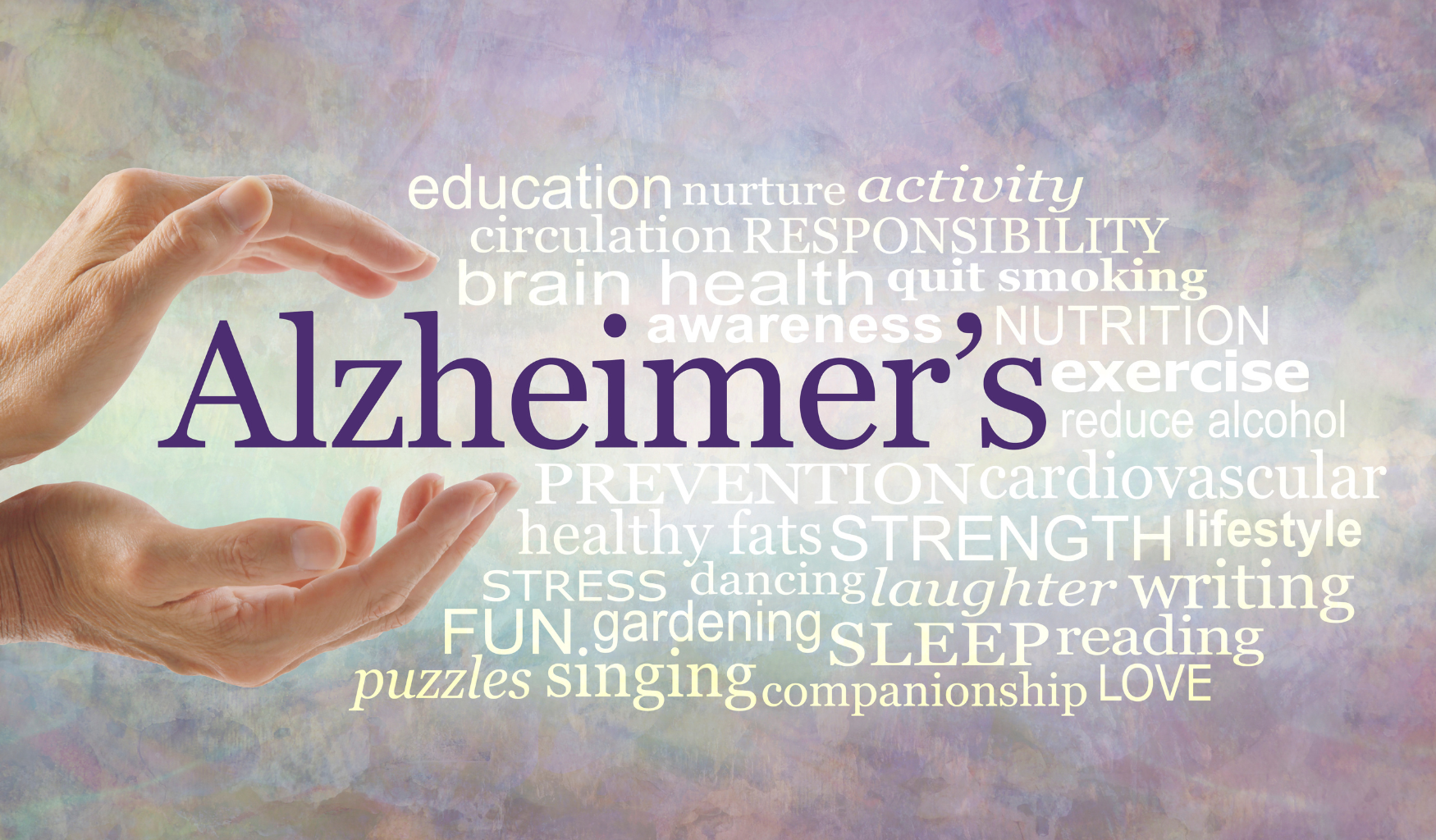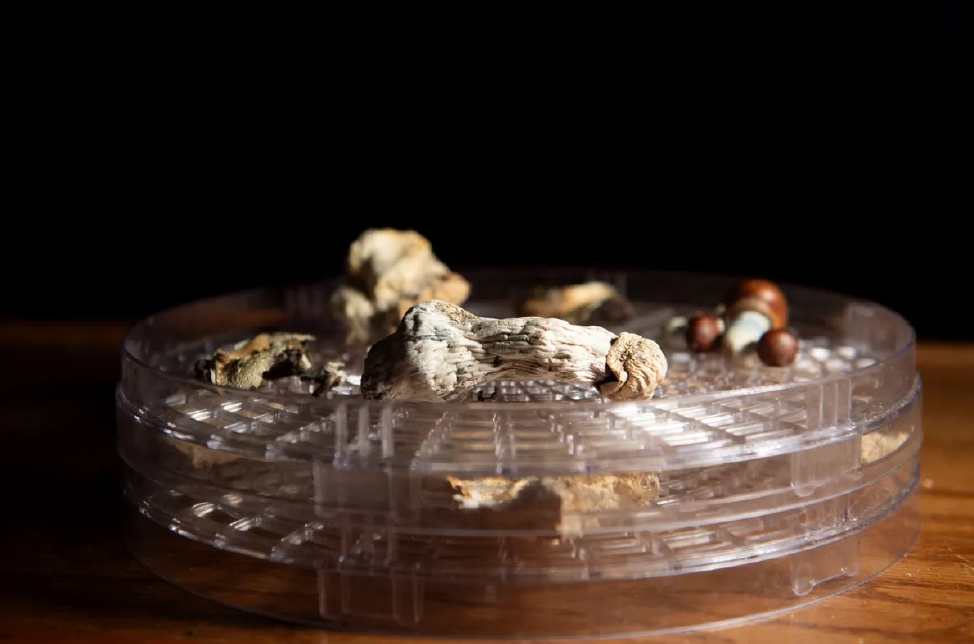By Holly Vossel| April 29, 2024
Naturopathic medicine and palliative care may have more in common than meets the eye.
Naturopathic doctors (NDs) are typically trained as primary care providers and address a broad range of acute and chronic conditions.
Similar to palliative care, naturopathic medicine addresses a person’s physical, emotional, psychosocial and spiritual needs.
Palliative care providers and naturopathic clinicians share common threads of person-centered approaches, according to Dr. Ian Luepker, naturopathic physician at Oregon-based Ashland Consciousness Medicine. The Oregon-based practice utilizes psychedelic-assisted therapies to help address terminally ill patients’ symptoms.
“Palliative care has a lot to do with the core naturopathic principles and dovetails so well with it,” Luepker told Palliative Care News. “One of the principles is treating the whole person and the importance of having an interdisciplinary approach and holistic perspective of pain, suffering and healing. There’s an interplay of psychology, spirituality, well-being, culture and seeing pain as not just physical but having multidimensional aspects. There are different aspects of suffering that can influence and aggravate one another.”
Naturopathic care focuses on the use of natural agents and physical means to help patients and typically avoids utilization of medications or surgical treatments. The care can involve nutritional, botanical/herbal and homeopathic medicine, lifestyle guidance and therapies such as massage, hydrotherapy, acupressure and electro magnetic stimulation. Naturopathic medicine can also include psychological support and counseling.
Naturopathic medicine focuses on identifying underlying causes of a person’s condition, providing ongoing education of treatments and options, and utilizing natural avenues to support improved mental, emotional and physical health, according to a study in the journal Integrative Medicine.
Naturopathic principles run “parallel” to those in palliative care, aiming to address psychosocial and spiritual needs as well as pain and suffering, Luepker stated. Both palliative and naturopathic care, for instance, understand that even the concept of suffering differs from person to person, he explained.
“Naturopathic doctors have a lot of tools in our toolkit that train us to tune in to all the patients’ aspects that need attention from a holistic perspective,” Luepker said. “We can get down to a granular level of pain. We also have a common thread with palliative care in recognizing that we all have spiritual needs, different beliefs and understandings that define what suffering is, why we suffer and how we alleviate it.”
Greater care collaborations between naturopathic and palliative care providers could address a wide range of unmet patient and caregiver needs, according to Luepker.
About 89.3% of elderly patients receiving naturopathic care reported reduced symptom burden for cardiometabolic, cognitive and musculoskeletal conditions compared to others, according to a 2022 study published in BMC Health Services Research.
Nearly 75% of the naturopathic patient population examined in the study had some type of chronic condition. Many of these patients saw health professionals across multiple specialty areas, the study found.
“There’s a lot that intersects with different aspects of holistic healing, suffering and understanding the total concept of pain,” Luepker said. “There’s an interconnectedness and a transformation that can happen when we focus on what is true and most meaningful to people. With naturopathic care in palliative patients, they can have less fear about their conditions as they progress and receive more support with their experiences in ripples or tsunamis of pain, emotional waves of grief, anxiety or social isolation.”
Holly Vossel
Holly Vossel is a word nerd and a hunter of facts with reporting roots sprouting in 2006. She is passionate about writing with an impactful purpose, and developed an interest in health care coverage in 2015. A layered onion of multifaceted traits, her interests include book reading, hiking with her dogs, roller skating, camping, kayaking and creative writing.



